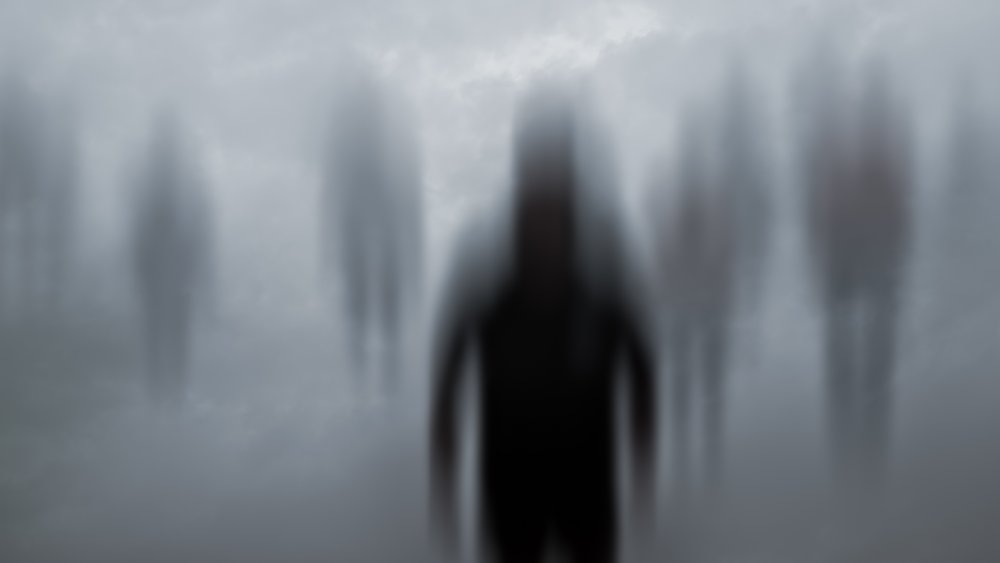The End Of Lost Finally Explained
An odd paradox at the heart of many compelling TV shows is that they tend to be remembered with a vague pang of disappointment. A TV show that turns out to be a critical and commercial flop will simply disappear from collective memory, but great television comes with a curse of great expectations. And when those expectations aren't realized, you get the inevitable painful result — disappointment.
Twin Peaks may be the quintessential example of a TV series finale that blew peoples' minds with its extreme not-good-ness, but the 2004 to 2010 TV Series, Lost, has to be right up there as a show whose ending still angers and perplexes people. Ten years on from a show whose ending is famous for losing its audience (how ironic is that?) here is one more look at the ending of Lost, and some thoughts on why it does and doesn't work.
That ending one more time
It's worth stating this right upfront. Even compared to some of the weirdest on-screen stories in existence, the Lost storyline is complicated — like, ridiculously so. Lost may be the only mainstream TV show that employs what The Independent refers to as a "flashsideways" story-telling technique. In the final few series of the show, these flashsideways scenes advance the plot by moving the viewer back and forth between what actually happened on the famously hinky island and an alternate reality where we're shown what might have happened if the characters hadn't become stranded. It's in one of these alternate reality sequences that we learn that all the main characters are, in fact, dead and living out a purgatory experience before moving on to the afterlife. The alternate storyline therefore ends abruptly, and in a way that many fans found tentative, unsettling, and frankly, a bit of a cop out.
But here's the important bit that many missed
Here's the important bit though. The characters are very much not dead — or to put it another way, they're alive — in the main storyline. The island exists. Flight 815 did crash there. And while only a small fraction of the plot's storylines were fully resolved, viewers learn that some kind of real mystical energy sits slap bam at the center of all those strange events which kept viewers transfixed for six long years.
As The Verge points out, the source of this mystical energy is almost amazingly banal — a giant pond of magical water can't drain away because a big (and very literal) plug has stoppered it up. Of course, the magical pond explanation isn't the whole ending. The real ending of the story revolves around how the main characters found redemption, found what they were looking for, or remained — at least in some fashion — forever lost. Some of that works really well. Some of it is clunky. But the magical element of the story boils down to a big magical lake with a plug in it. That's it.
Why the ending may not be as bad as you think
So does this ending work? Fans will argue over this endlessly. There's no question that Lost failed to tie up every loose thread. Those who are more forgiving of the series might see these unexplained mysteries as just part of the fun, especially given that the story was ultimately about people and how all those weird and wonderful island happenings affected both their relationships and their inner journeys. Less forgiving viewers see the show as an endless progression of teasing locked doors, which in hindsight never had anything of substance behind them, to begin with. They'll argue the show got lost in its own complexity, jumping the shark about a season and a half before it reached its finale, and then jumping over it again a few more times just to be sure the shark got the message.
Perhaps a complete answer is to use a flashsideways, and think of Lost as both a disappointingly anticlimactic sleight of hand, and masterful story-telling about flawed people looking for something ... on an island ... with a smoke monster thing ... and a polar bear. Seriously, what was that about?



